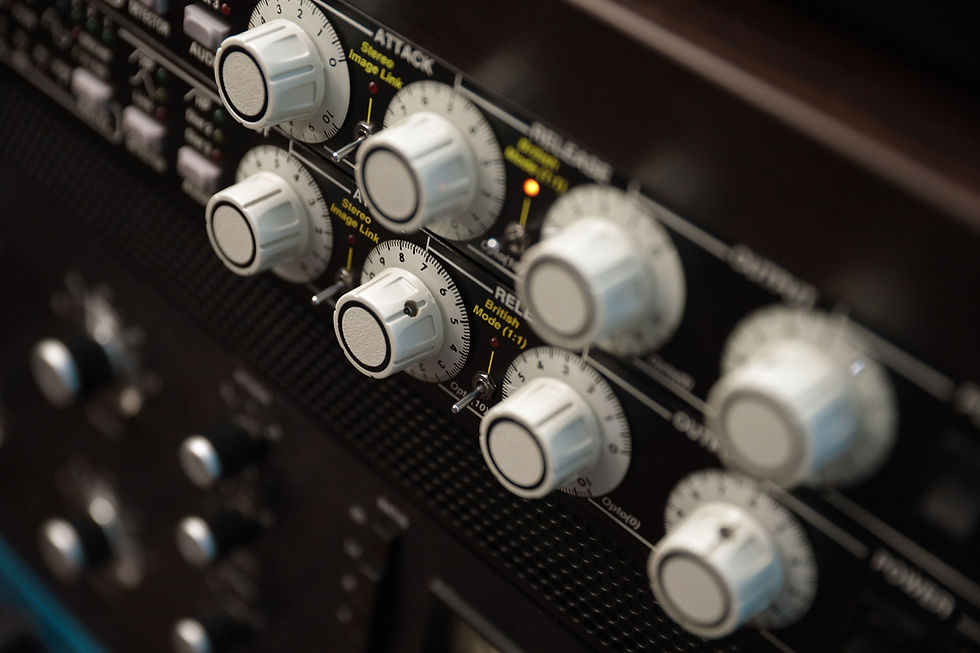Music and Your Child
- Blog Writing King

- Jan 9, 2023
- 2 min read
Updated: Jan 15, 2023
Music's positive impact on a child's growth cannot be overstated. Children's intelligence can benefit from music, and it can also help them grow physically and emotionally.

Music's ability to help kids develop their brains is only one of its many advantages. Children's language, spatial-temporal skills, and memory all benefit from musical exposure. In a study published in the Journal of Music Therapy, researchers found that children who took part in a music intervention program had significant gains in both verbal and nonverbal memory.
Exposure to music has been shown to promote development in both the mind and the body in children. Dancing and playing an instrument are two great ways to help kids hone their gross and fine motor abilities. Dancing, for instance, may be a fantastic way for kids to get their hearts pumping and their muscles working, and playing an instrument can help them hone their dexterity with their fine motor and spatial awareness.
Music can also help a youngster grow emotionally. Both children and adults can benefit from its use as a tool for communication and self-discovery. Soothing music, for instance, may help youngsters calm down and feel better when they are agitated or overwhelmed. In contrast, young people can benefit from being exposed to uplifting music.

Children's social development is aided by participating in musical activities as a group. Important social skills like teamwork, communication, and cooperation can be fostered, and kids' exposure to new people and situations is just a bonus. Kids who participate in a band or chorus gain a sense of community and belonging while developing their social skills via shared musical experiences.
The potential of music to increase children's feelings of pride is just one of its many advantages. Kids who take music lessons or play in a band may grow up to feel proud of themselves.
Young people might be inspired to take pride in their heritage through the sounds they create. Young minds that actively explore music from different cultures are better prepared to appreciate and contribute to a global society. Consequently, individuals may widen their perspectives and find their place in the world.
All things considered, music has the potential to significantly impact a child's maturation in a wide variety of ways. Music has been demonstrated to positively affect children's physical, emotional, social, and cultural development in addition to their cognitive development.






Comments